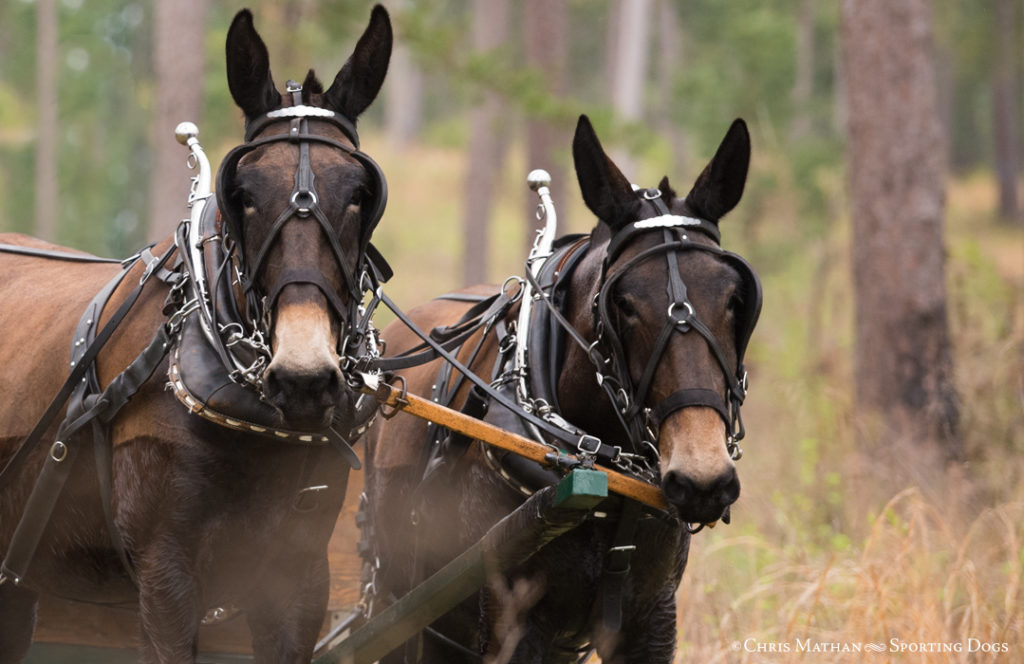Ben Reach and Sam Nixon MD shared several pet peeves. First on Ben’s list was the practice of prosecutors, especially federal prosecutors, in pressuring minor offenders to testify against target alleged serious offenders in exchange for leniency. What Ben disliked was the temptation for the prosecutor to suggest what the testimony should be, and the inevitable willingness of the witness to testify as suggested (or demanded) whether true or not. The practice had become widespread, fueled by long mandatory sentences for drug-related offenses, even relatively minor ones involving marijuana, a drug legalized under state law in many states and in Canada.
Ben tried to avoid criminal cases these days. But occasionally he found himself involved despite his resolve not to be. So it was when Joanne fielded the call from Reuben Blevins, long-time employee on Bent Pine Plantation, who asked if he might see “Mr. Ben.”
Joanne could tell from his tone of voice that Reuben was deeply troubled and set the appointment for four pm the same day.
“What does Reuben want to see me about?” Ben asked. Reuben was hunt wagon driver and in charge of maintenance of the fishing pond on Bent Pine and accordingly a very important person in Ben’s and Sam’s lives.
“Didn’t say, but it’s a serious concern to him, I could tell.”
Ben was not surprised though he was deeply angered when Reuben poured out a familiar story.
Reuben’s grandson Ronnie, a senior in a high school in Albany, had been arrested and charged with possession of a volume of marijuana just sufficient to warrant a presumption he was engaged in distribution, a very serious federal crime. The United State’s Attorney’s office threatened to charge Ronnie with distribution unless he cooperated. The cooperation being demanded was becoming an under-cover cooperating witness, meaning participating in distribution of marijuana or whatever other illegal substances the supplier offered so as to lead the prosecutor to convictions of higher-ups.
“Has Ronnie been in trouble before?” Ben asked.
“No Sir. He’s a B+ student, works after school and weekends in the neighborhood grocery store, helps his mother with the other children, plays guard—first string—on the basketball team, never been in any sort of trouble.”
Ben got the name of the public defender assigned to Ronnie’s case. He verified Reuben’s account of Ronnie’s record, or lack of one. Ben’s anger rose. He met with the Assistant US Attorney assigned to the case, accompanied by the public defender. First explaining he was consulting pro bono with the public defender, Ben immediately went on the offensive.
“Since when is your office endangering the lives of eighteen year old marijuana first offenders with great records as students and father figures to younger siblings in single mother families living in public housing projects by asking them to become Serpicos?” Ben asked, filling his voice with scorn.
Making no progress with the assistant, Ben asked to see the US Attorney himself. This time he did not take the public defender.
Ben knew the ambitions of the head prosecutor. He was torn between seeking appointment as a federal Magistrate on a hoped-for path to US District Judge or running for the United States Senate. Ben’s tactic would be to appear to be a potential spoiler to both ambitions. He knew the prosecutor knew Ben had no fear of gaining the ire of the US Attorney’s office for he did not practice in Federal Court anymore.
“What do you know about Ronnie Blevins and his case?” Ben began. He knew the assistant would have briefed his boss after Ben’s visit to him with the public defender. The prosecutor tried to be cagey. Ben decided on a frontal attack.
“I’ve got a call in to Wally Frank at the Constitution. I think he will find Ronnie Blevins an interesting subject for a feature article in his series about the struggle of boys his age living in the projects, especially when I tell him what your office is asking him to do and the danger, I mean life threatening danger, that would put Ronnie in if he accepted your deal.”
The prosecutor agreed to review Ronnie’s case with the assistant in charge of it. Ben agreed to hold off on talking with Wally Frank.
Two days later Ben got a call from the public defender assigned to defend Ronnie.
“They have agreed to delay prosecution of Ronnie’s case for a year on condition of good conduct. What did you say to the US Attorney?”
“I better not tell you that, for your own good and mine,” Ben said, satisfaction filling his voice.
